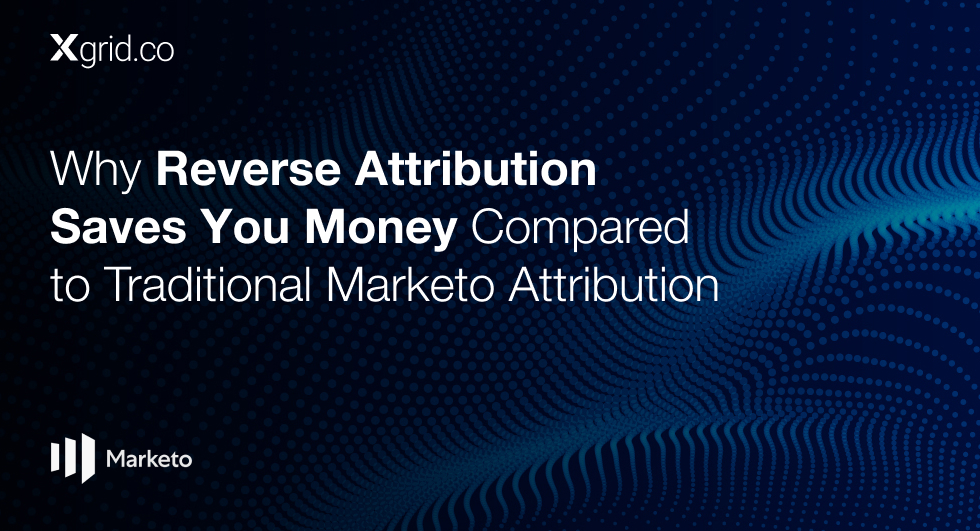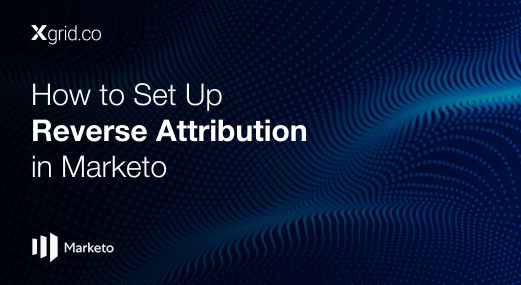Personalizing Multi-Channel Marketing with Marketo: Russel Henley’s Insights
Q: Russel, could you begin by telling us about your background and your role at Adobe?
A: Certainly! I’m the go-to-market sales lead for Adobe’s UK and Ireland region, overseeing about two-thirds of our product line in the DX space. Adobe has three major business lines: Creative Cloud, Document Cloud, and the DX business—where I operate. The DX, or Customer Experience business, is where we provide core marketing technology solutions, including Marketo, to leading companies. My job involves maximizing product exposure, ensuring our sales teams have the right information, knowledge, and enthusiasm, and ultimately driving market success for our products.
My background is quite varied. I started my career as an architect, heavily involved in early computer-aided design. I then transitioned to software evangelism, promoting technology that could help create better buildings and spaces. Over the years, I’ve launched nine different software technologies into the market. My experience with Marketo started when I was running a company that needed a marketing tool to scale, and adopting Marketo completely changed my career path.
Q: What role do you believe Marketo plays in customer experience, and how does it fit into the broader marketing technology landscape?
A: Marketo serves as the linchpin between the customer and what you’re trying to promote. It creates a closed-loop system where you can present something to your target audience, engage them digitally, and pass them on to the sales team for more traditional interactions. This platform facilitates a two-way conversation, starting digitally and moving through various stages of the customer lifecycle.
In the world of software-as-a-service (SaaS), where ongoing service and product quality are crucial, Marketo helps us maintain a dynamic relationship with customers. It ensures that we keep providing value, allowing us to grow relationships through cross-selling, upselling, or maintaining long-term engagement. If a customer feels they aren’t receiving value, they have the freedom to move on. Marketo empowers companies to stay agile and continuously assess their customer interactions, ensuring they remain the right choice in a competitive market.
Q: You emphasize the importance of customer experience. How does Marketo support professional services marketing?
A: My background in the services industry taught me the importance of long-term, adaptable relationships with customers. When I joined Marketo, I aimed to create a go-to-market strategy for professional services, which was unusual at the time. Marketo’s flexibility became a key differentiator. Unlike product-focused marketing tools, Marketo supports the undefined and sometimes “woolly” nature of services. It helps build a relationship centered around value and the benefits of working with the vendor, even before defining what specific services will be provided.
The professional services industry is often characterized by non-standard corporate structures like partnerships and affiliation groups. Marketo’s ability to segment data and create dedicated workspaces for different regions or specialties enables these businesses to manage complex relationships effectively. For example, Deloitte operates as a global brand, but it comprises 200 separate companies. Marketo allows us to fragment technology into smaller groups and provide insights tailored to each business unit, facilitating nuanced and personalized engagement.
Q: How does Marketo contribute to building long-term relationships in high-value markets, like luxury goods or high-value services?
A: In high-value markets, the engagement is more two-way and long-term. For example, selling a luxury car like a McLaren isn’t just a transaction; it’s about nurturing a relationship over an extended period. Buyers of such products conduct extensive research, and Marketo enables you to engage them with the right information at the right time.
In services or luxury goods markets, the sales cycle is not a “one-and-done” transaction. It involves building trust, comparing options, and maintaining engagement. Marketo helps to nurture these relationships across multiple touchpoints, supporting both top-of-funnel activities (like brand building) and deeper engagement activities (like facilitating conversations between salespeople and potential customers).
Marketo’s real strength lies in its ability to personalize communications to the individual’s needs and preferences. It allows us to focus on delivering the right content to the right person at the right time. Whether it’s an email, an SMS, or an app notification, Marketo ensures that the interaction is tailored to how and when the customer wants to receive it.
Q: You’ve touched on segmentation and targeting. How do you see Marketo’s integration capabilities supporting customer engagement?
A: Marketo’s integration capabilities are among its greatest strengths. From day one, it offered hundreds of ready-made integrations with various tools across marketing stacks, such as CRM systems, web design tools, and analytics platforms. It doesn’t matter where your data resides—Marketo can connect with it, personalize the experience, and deliver targeted content.
Since Marketo’s acquisition by Adobe, this integration capability has only expanded. It’s no longer just about connecting different tools; it’s about creating a unified platform that brings everything together. For example, companies can use Marketo to engage in both short-term, high-intensity interactions like real-time marketing at events and long-term relationship-building activities in areas like wealth management or professional services.





